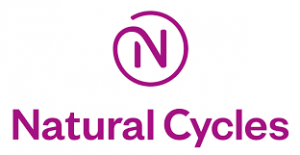June 5th, 2019
During a meeting with the American College of Not-to-be-Named-Doctors, their staff shared with me that the Incoming President’s plan was for it to be “the year of the patient.” Immediately, I wondered why it wasn’t every year. Clearly the mission of any professional medical society is to be a voice for its members, but their members are a voice for their patients. The goal in the end is of benefit to the patient.
The challenge is to get patients speaking for themselves. We’re getting there.
As a veteran health policy watcher in Washington, DC the growth in patient-focused decision making is significant. No longer are patients relegated to the back of the room, but welcomed speakers at healthcare conferences, as consultants, and on policy-making committees. The terms patient-centrality and patient-focused care are commonplace.
Sure, the terms are nebulous and proceeding like a gangling teenager on the dance floor, but efforts are underway to hear what patients have to say and it’s rewarding.
The patient is often times the only one at the table who is speaking about their personal experience while using medical jargon and following statistics seldom tackled by laypersons. They can instantly be at a disadvantage or overwhelmed. They can feel exposed. They can feel vulnerable and exploited. But their input is valuable even if they’re challenged to foresee the impact of a regulation on those with their disease. These are hurdles we can overcome with patience (pun intended) and training.
Which leads me to ask: Should patient storytelling be a civic duty? The policies being developed will impact us all. The need to have health insurance will continue. And with fifty percent or more Americans living with at least one chronic health condition, accessing the healthcare system is universal.
We’re all patients. We all have something to say and we all have things to learn.
Sure, it’s awkward talking about your UTI or ED or mental health disorders but those who make decisions that will impact your care need to hear from you and should hear from you. Getting involved with a patient advocacy organization, volunteering to speak at a conference, or sitting down to talk to engineers at a medical device company are a start.
We’re all in this together. Making it easier, and more respected to speak out as patient advocates will improve our healthcare system for everyone.















